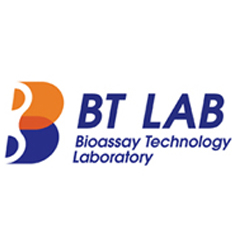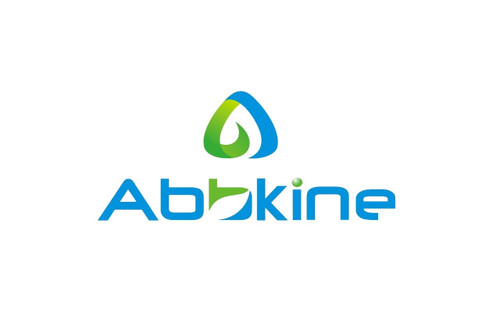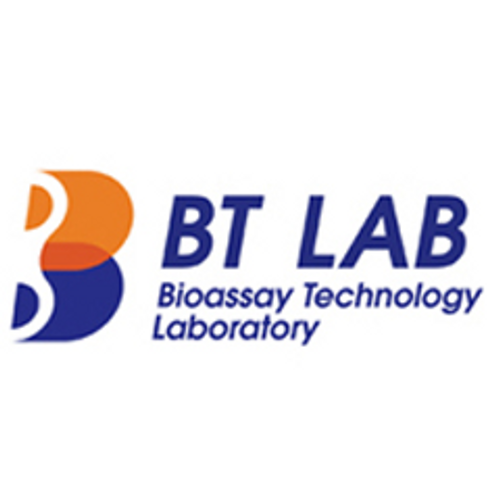Product Description
Rat Endometrium Antibody (EMAb) ELISA Kit | AE62731RA | Abebio
Species Reactivity: Rat (Rattus norvegicus)
Abbreviation: EMAb
Alternative Name: N/A
Application: ELISA
Range: Request Information
Sensitivity: Request Information
Intra-Assay: ≤4.4%
Inter-Assay: ≤7.5%
Recovery: 0, 99
Sample Type: Serum, Plasma, Other biological fluids
Detection Method: Competitive ELISA
Analysis Method : Qualitative
Test Principale: This assay employs the competitive enzyme immunoassay technique. The microtiter plate provided in this kit has been pre-coated with an antibody specific to EMAb. Standards or samples are then added to the appropriate microtiter plate wells with a Horseradish Peroxidase (HRP) -conjugated EMAb and incubated. The competitive inhibition reaction is launched between with HRP labeled EMAb and unlabeled EMAb with the antibody. A substrate solution is added to the wells and the color develops in opposite to the amount of EMAb in the sample. The color development is stopped and the intensity of the color is measured.
Product Overview: Anti-endometrial antibodies have been detected in the serum of women with endometriosis using immunofluorescence (Mathur et al, 1982; Wild and Shivers, 1985), immunodiffusion (Badawy et al, 1984), passive haemagglutination (Chihal et al, 1986; Badawy et al, 1990), enzyme-linked immunosorbent assay (ELISA) (Kennedy et al, 1990b) and Western blots (Mathur et al, 1988, 1990) . Most studies show a higher prevalence of autoantibodies in women with endometriosis than in controls.However, Switchenko et al (1991), failed to demonstrate consistently higher concentrations of antiendometrial antibodies in women with endometriosis using immunofluorescence, haemagglutination, ELISA, or Western blotting, and concluded mat the case for specific anti-endometrial antibodies remains unproven.
Stability: The stability of ELISA kit is determined by the loss rate of activity. The loss rate of this kit is less than 5% within the expiration date under appropriate storage condition. The loss rate was determined by accelerated thermal degradation test. Keep the kit at 37°C for 4 and 7 days, and compare O.D.values of the kit kept at 37°C with that of at recommended temperature. (referring from China Biological Products Standard, which was calculated by the Arrhenius equation. For ELISA kit, 4 days storage at 37°C can be considered as 6 months at 2 - 8°C, which means 7 days at 37°C equaling 12 months at 2 - 8°C) .
 Euro
Euro
 USD
USD
 British Pound
British Pound
 NULL
NULL












